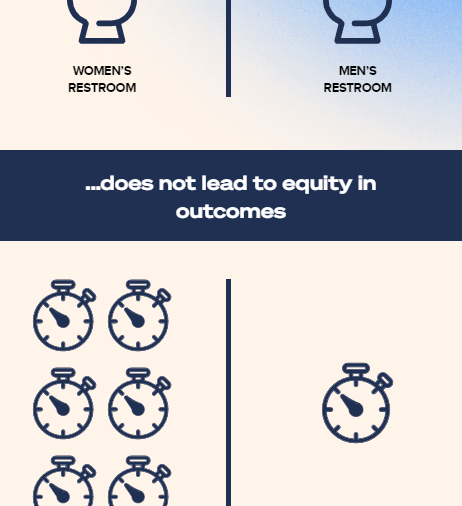….. Increased water and sanitation for all
According to the UN, one in four people do not have access to safe drinking water. Globally, women and girls bear the responsibility of water collection in eight out of 10 households, so are disproportionately affected.
And one in three women do not have safe, inclusive toilets, which promotes gender-based violence and exclusion, particularly for elderly and disabled women who tend to avoid visiting areas without accessible public sanitation.
City-planning that works for women’s health and well-being needs to focus on raising water and sanitation facilities, improving standards of healthcare and nutrition, and creating more safe, accessible and green environments, urges the UN.
It is critical that we design our future cities — and redesign our existing ones — in a holistic way. The World Economic Forum has released a series of reports about “future-ready cities”, which details how to build inclusive environments for all.







